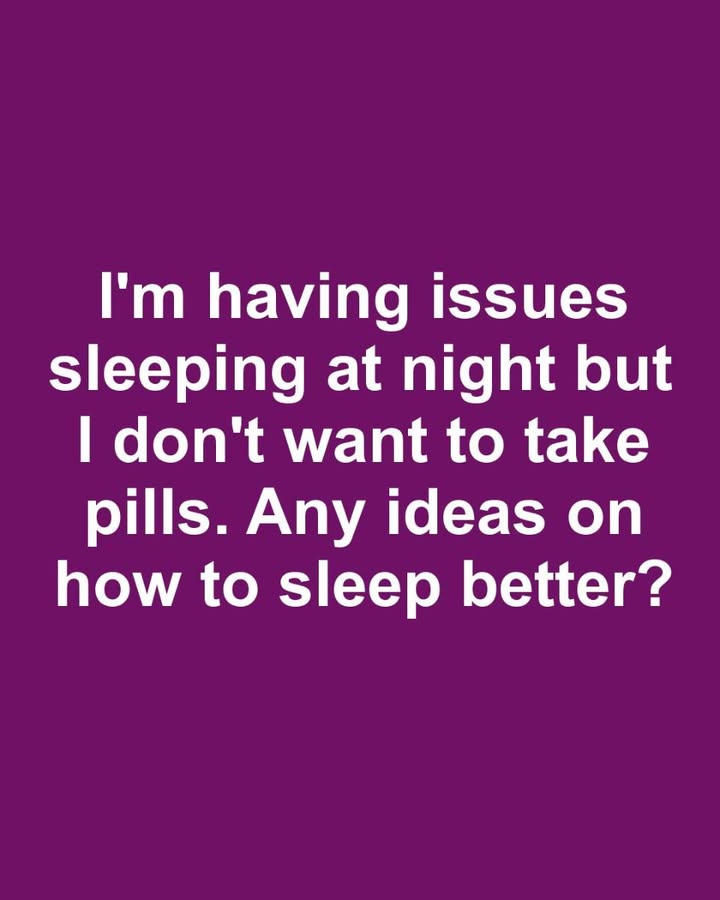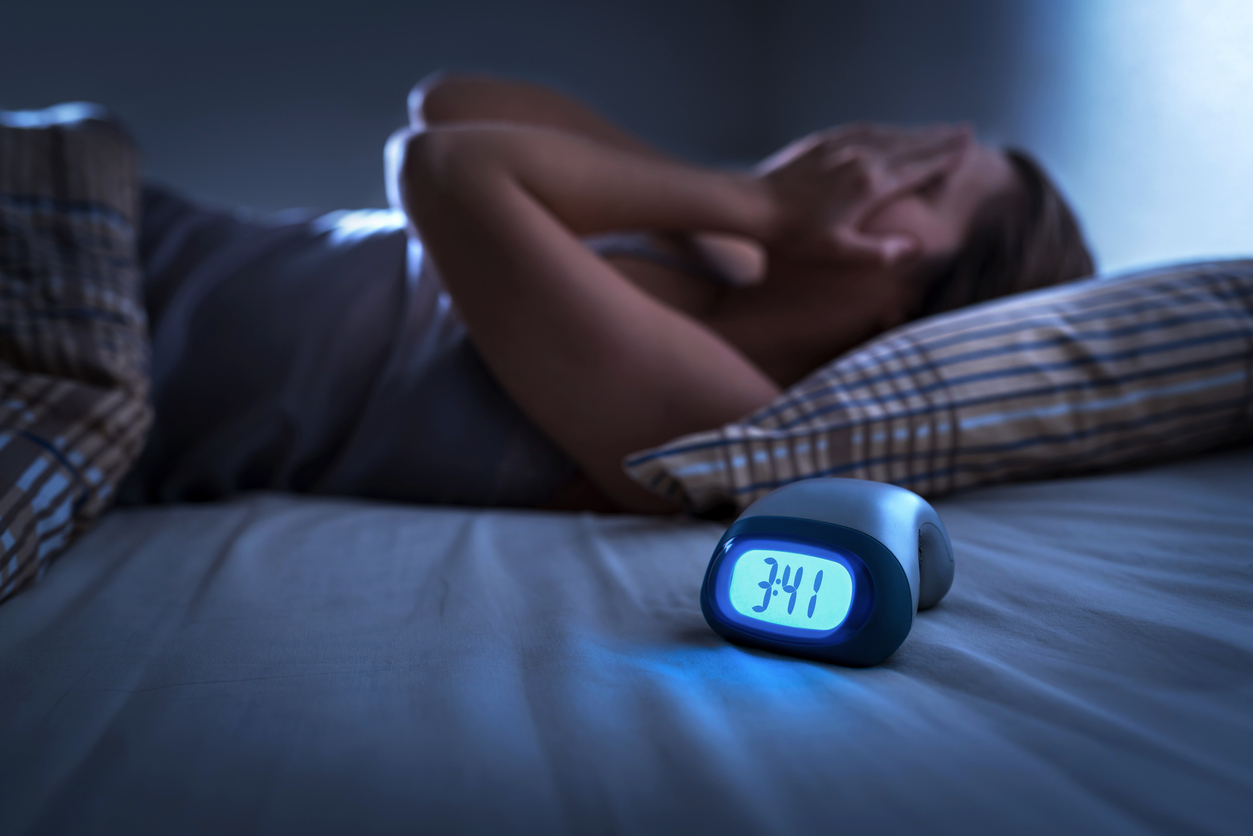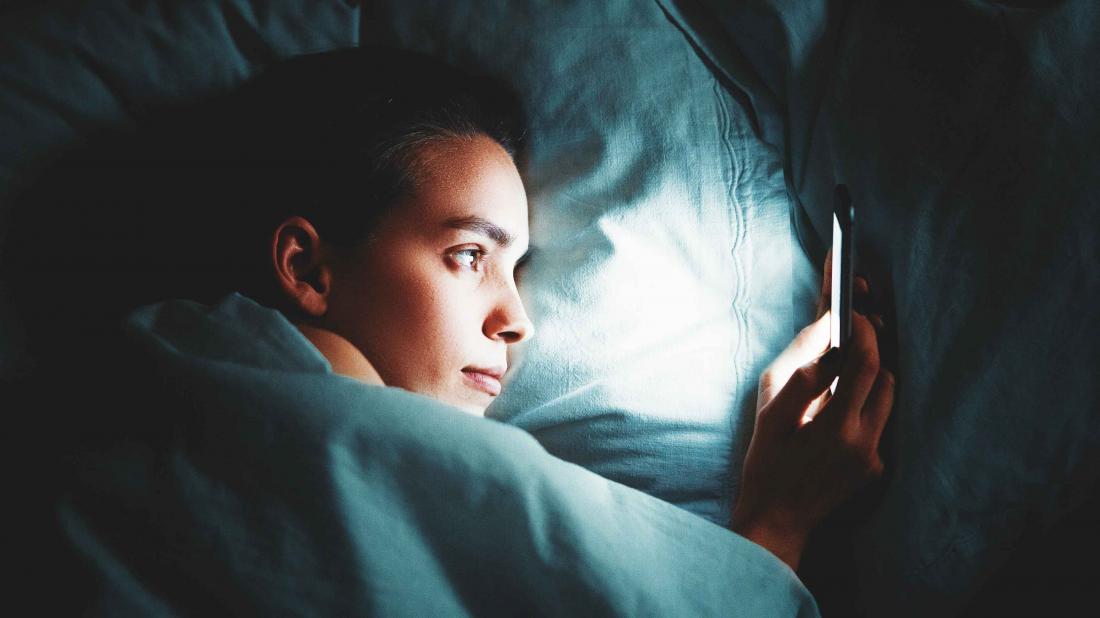
Sleep troubles can stem from a variety of causes, such as stress, daily habits, and your surroundings.
Common issues include trouble falling asleep, frequent awakenings during the night, or waking up earlier than desired.
To deal with these effectively, it’s important to identify the underlying cause. Keeping a sleep journal can help reveal patterns or triggers that might be impacting your rest.
Understanding Sleep Hygiene
Sleep hygiene refers to the daily routines and behaviors that support good sleep. This includes sticking to a regular sleep schedule, making sure your sleep space is quiet and comfortable, and avoiding substances like caffeine or nicotine in the hours leading up to bedtime. Building these habits can make a noticeable difference in your sleep quality and overall well-being.

Establishing a Bedtime Routine
Having a relaxing routine before bed can help signal to your body that it’s time to wind down. Simple, soothing activities like reading, taking a warm bath, or practicing deep breathing or meditation can help ease the transition into sleep. The goal is to disconnect from daily stress and create a sense of calm.
How Diet Affects Sleep
Your eating and drinking habits can influence how well you sleep. Eating heavy meals or consuming caffeine late in the day may make it harder to fall or stay asleep.
On the other hand, foods rich in nutrients like tryptophan, magnesium, and melatonin can help promote restful sleep. Consider adding calming options like almonds, bananas, or chamomile tea to your nighttime routine.
Exercise and Better Sleep
Regular exercise can help you fall asleep more easily and improve sleep quality. That said, timing matters—vigorous workouts too close to bedtime can actually keep you awake. Try to finish exercising at least a few hours before going to bed.

Dealing With Stress and Anxiety
Mental tension is a common cause of sleep disruption. Techniques such as meditation, progressive muscle relaxation, or writing in a journal can help reduce anxiety levels. Tackling sources of stress can make it easier to fall asleep and stay asleep.
Creating a Sleep-Friendly Space
Your environment plays a big part in how well you sleep. Make sure your bedroom is dark, cool, and quiet. Blackout curtains, earplugs, or a white noise machine can all be useful tools. Choosing the right mattress and pillows can also make a big difference in your overall comfort.
Natural Sleep Remedies
If you’re interested in alternatives to medication, several natural remedies may help. Herbal supplements like valerian root, lavender, and passionflower have been used to support relaxation and sleep. Be sure to speak with a healthcare provider before adding any new supplement to your routine.

Technology and Its Impact
Screen time before bed can interfere with sleep by exposing you to blue light, which can lower melatonin production. Try to reduce your exposure at least an hour before going to bed. If using screens is unavoidable, consider blue light filters to lessen the effect.
When to Consult a Professional
If you’ve tried different strategies and sleep is still a struggle, it may be time to get expert help. Ongoing sleep problems could be a sign of conditions like insomnia or sleep apnea. A doctor or sleep specialist can help diagnose and treat these issues to improve your overall sleep health.

